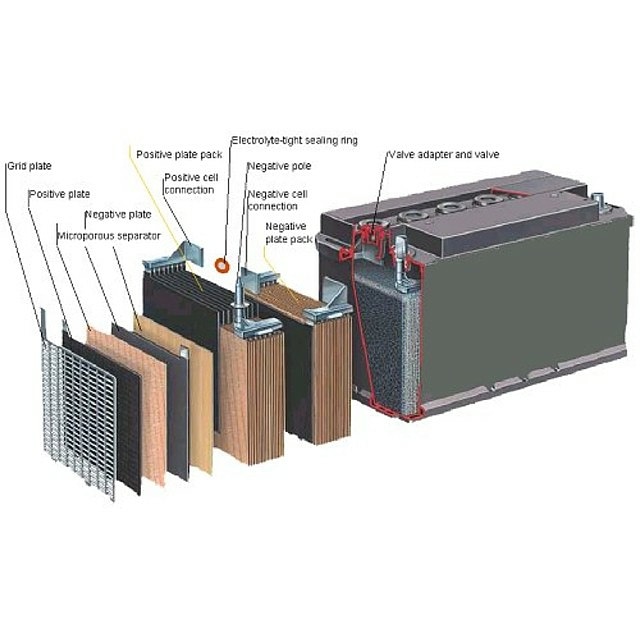
13 Jan SOME FAQs ABOUT REUSE/RECYCLING OF BATTERY.
- Why is it important to recycle batteries?
It is illegal to dispose of batteries in the trash. Batteries contain corrosive materials and heavy metals that can contaminate the environment. This significantly reduces the dangers these batteries pose to human health and the environment by diverting them from landfills and incinerators.
- What would happen if batteries were not recycled properly?
The toxic materials within the batteries can be released into the environment and pose serious threats to human health and the environment. If placed in landfills, the toxic materials can leak into the soil, which can then reach our water supply. If incinerated, toxic fumes are produced.
- What types of batteries can be recycled?
All batteries, disposable and rechargeable, with the exception of automotive-type lead-acid batteries, may be placed in the battery collection containers. If you have a leaking or damaged battery
- How do I recycle my batteries?
Just drop them off at the nearest battery bin and Contact BPL Nigeria.
- How long may I store or accumulate depleted batteries in my workspace before turning them in?
You may keep batteries in your workspace for 1 month; then they should be placed in a recycling bin or picked up by Recycling.
- If I make a special request for pick up because of the size and/or quantity of the batteries; how should batteries be prepared for pickup?
All batteries should be segregated by category to facilitate proper shipping to the appropriate recycling center. Batteries may be boxed, enclosed in ziplock bags, envelopes, or taped together, etc. Specific consideration should be given to the weight and size of the entire package to ensure that it remains intact during the pickup, handling, and transportation. All rechargeable batteries, and lithium or magnesium single-use batteries should have the terminals taped for safe transportation. Use non-conductive tape and place it around the top and bottom of the batteries.
- What about leaking or damaged batteries?
These batteries should be containerized securely and labeled as “leaking batteries” preferably in a double zip lock or plastic bags appropriate for their size and weight. Do not mix the broken batteries with intact cartridges, since the entire batch will be contaminated with corrosive waste and require additional vendor labor to process properly for shipping and disposal.



